In recent years, our understanding of cancer has begun to shift from a strictly genetic perspective to a more holistic view, recognizing the profound influence of our lifestyle and dietary habits. For colorectal cancer—one of the most common and lethal forms of the disease—groundbreaking research is revealing how chronic inflammation, driven in part by what we eat, fuels tumor growth and undermines the body’s natural healing mechanisms.
A newly published study in the journal Gut by researchers at the University of South Florida and Tampa General Hospital Cancer Institute provides compelling evidence that certain inflammatory lipids dominate the landscape within colon tumors. These molecules are linked to diets rich in ultra-processed foods, refined sugars, and unhealthy fats. Conversely, many foods contain beneficial compounds that can help “resolve” inflammation, restoring a healthy balance to the immune system and potentially slowing or preventing tumor growth.
By prioritizing whole, nutrient-dense foods, it may be possible to encourage the body to shift from a chronic, pro-inflammatory state to one that is more capable of healing and defending against malignancies. Below are 20 inflammation-quenching, nutrient-rich foods that align with current research findings and traditional dietary wisdom on cancer prevention.
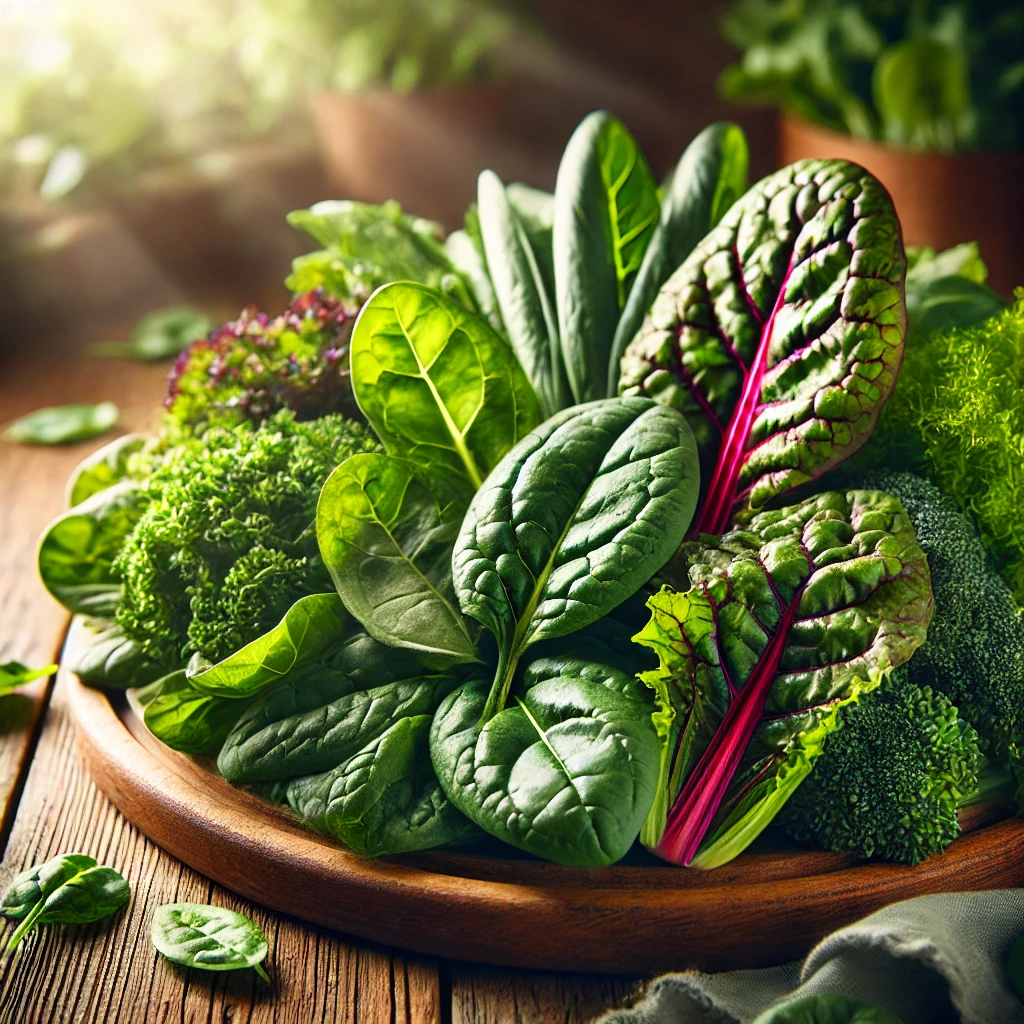
1. Leafy Greens (Spinach, Kale, Swiss Chard)
Why They Help: Rich in anti-inflammatory phytochemicals and fiber, leafy greens provide essential nutrients, including folate, lutein, and vitamin K. Their high magnesium content also helps the body maintain normal cell function and may support the body’s natural lipid “class switching” from harmful to healing compounds.
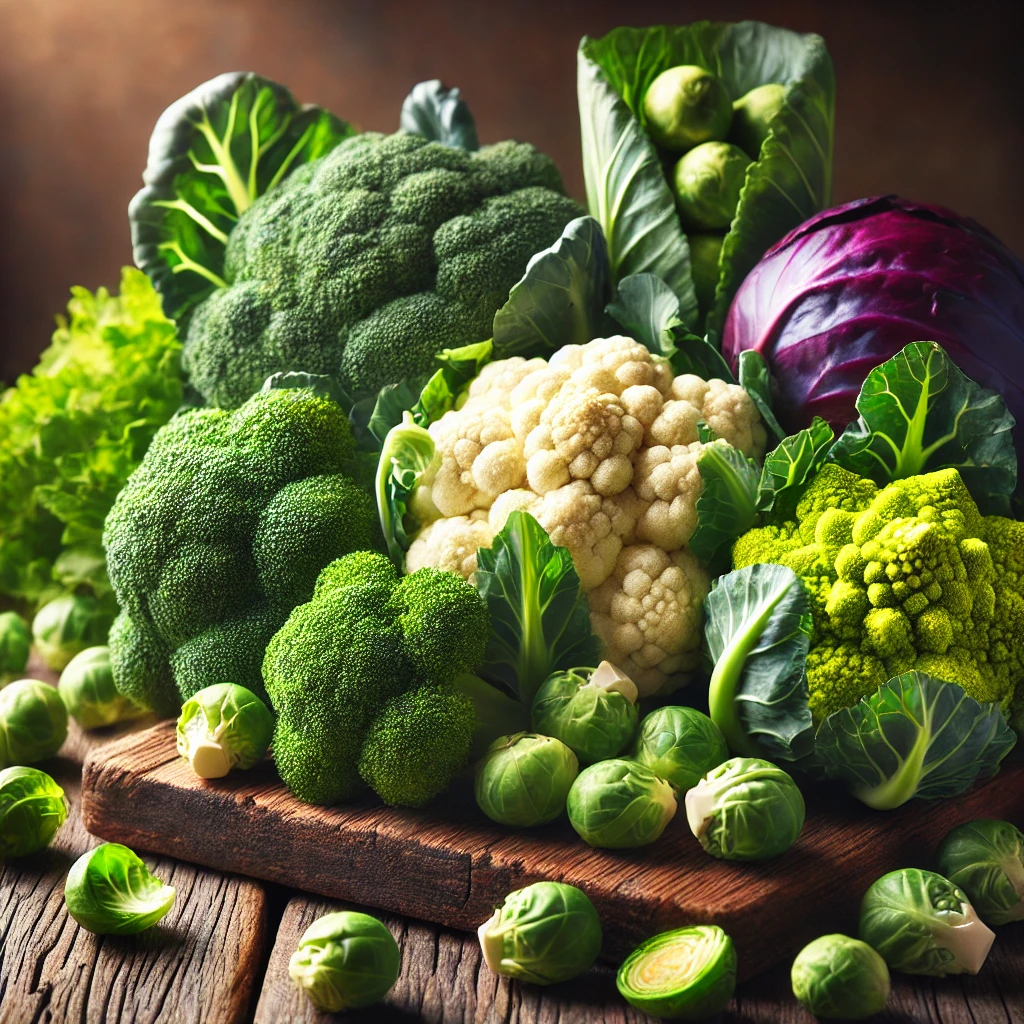
2. Cruciferous Vegetables (Broccoli, Cauliflower, Brussels Sprouts)
Why They Help: These vegetables contain sulforaphane and other sulfur-rich compounds shown to help eliminate carcinogens and bolster the body’s antioxidant defenses, potentially minimizing inflammation-driven damage to colon cells.
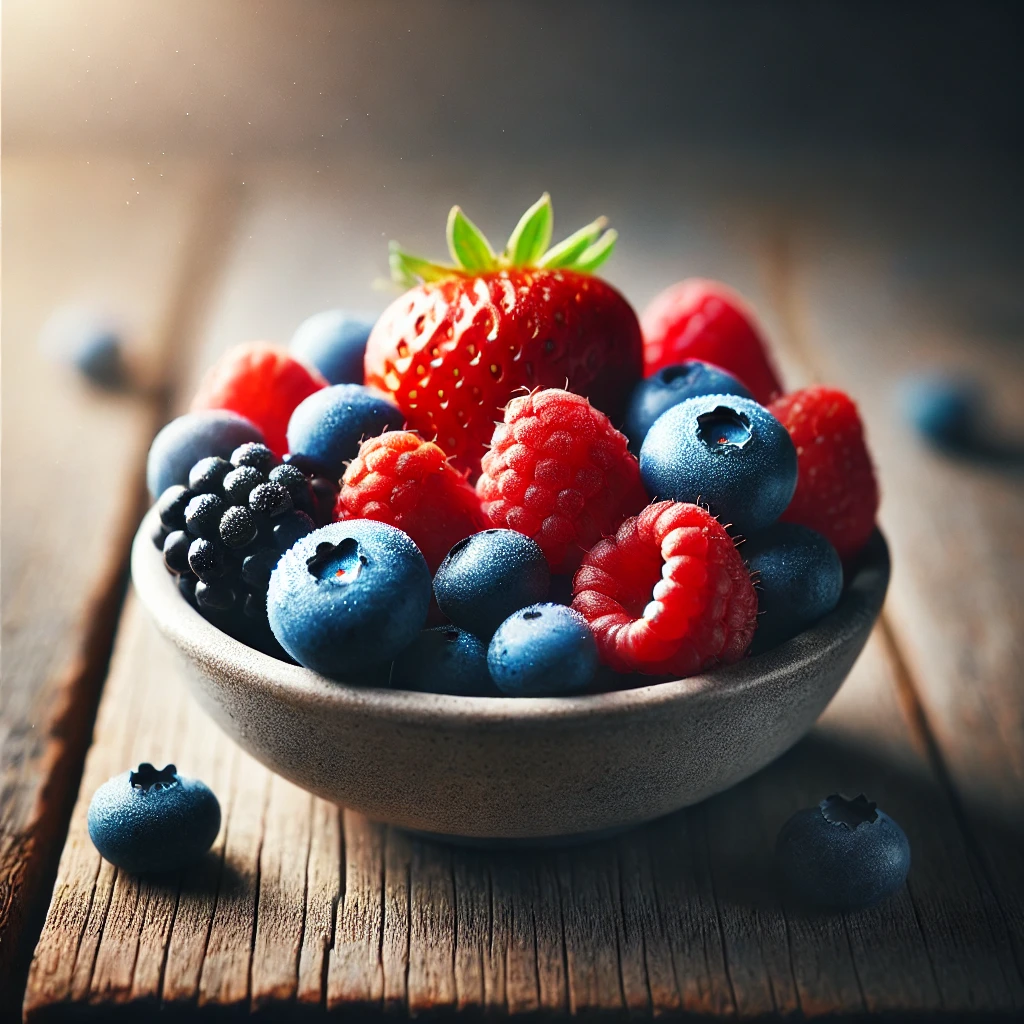
3. Berries (Blueberries, Raspberries, Strawberries)
Why They Help: Berries are loaded with antioxidants (like anthocyanins) that help neutralize free radicals. By reducing oxidative stress, berries can help lower chronic inflammation and maintain a healthier environment less conducive to cancer cell growth.
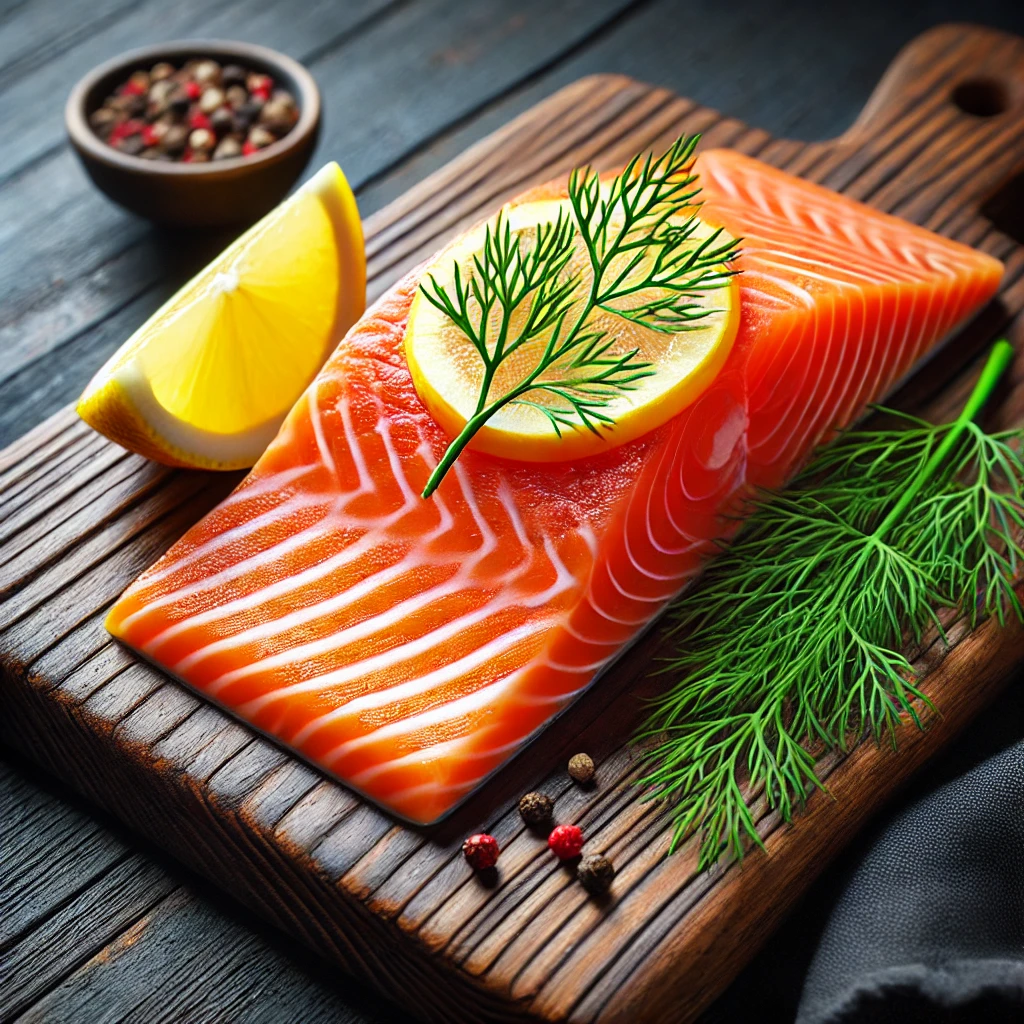
4. Fatty Fish (Salmon, Sardines, Mackerel)
Why They Help: Omega-3 fatty acids from oily fish are potent anti-inflammatory agents. According to the referenced research, introducing these “resolving” lipid components may help re-establish balanced immune responses and prevent inflammation from spiraling out of control.
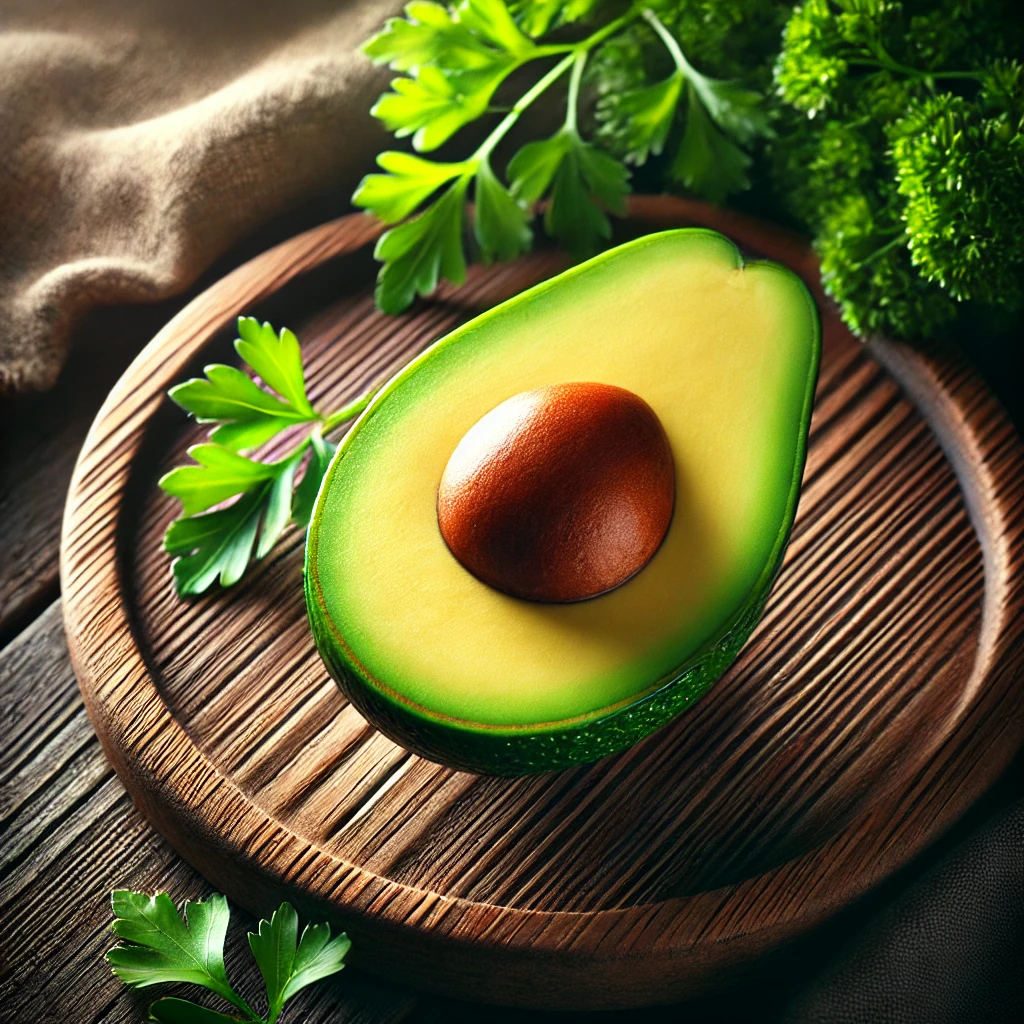
5. Avocados
Why They Help: Avocados are abundant in monounsaturated fats and specific bioactive lipids that can assist in modulating inflammation. The study authors highlight that the body is “designed to actively resolve inflammation” using compounds derived from healthy fats—avocados are a perfect fit.
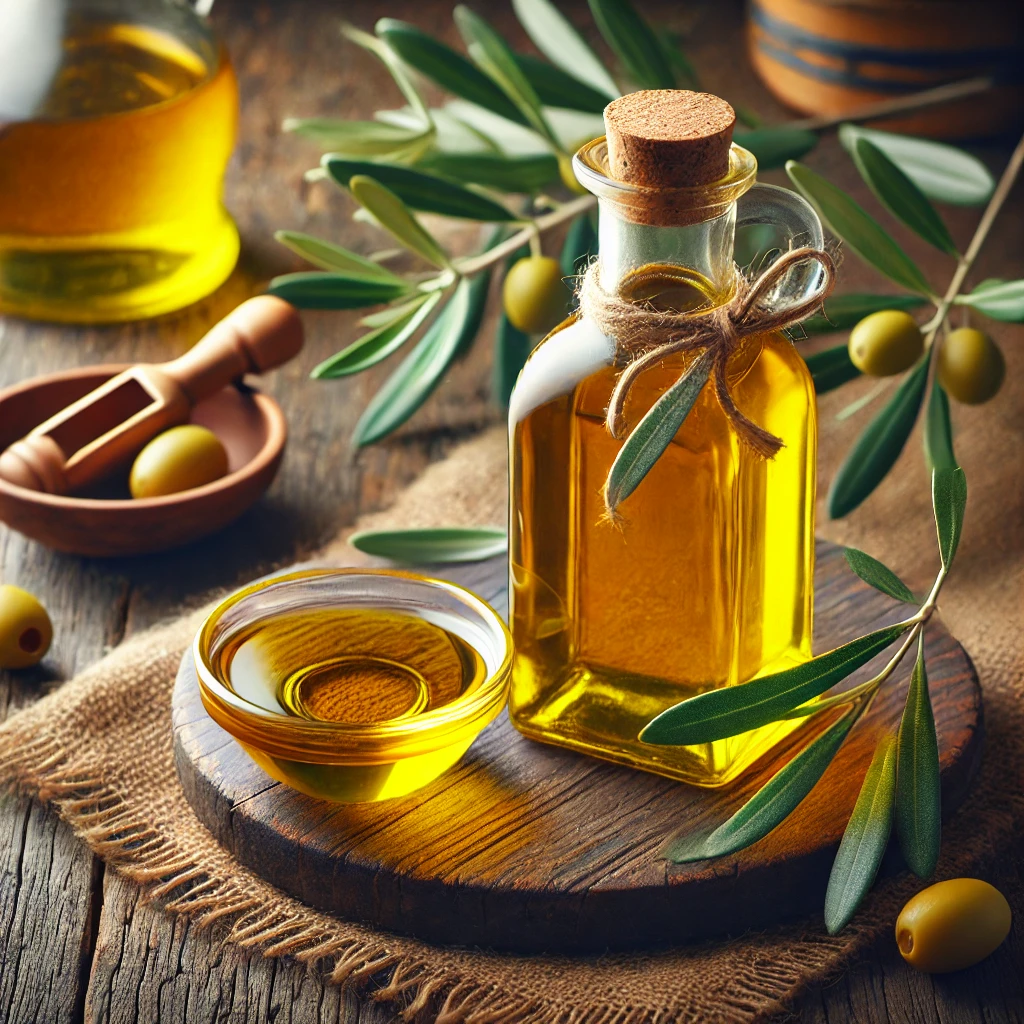
6. Extra-Virgin Olive Oil
Why They Help: A cornerstone of the Mediterranean diet, olive oil contains oleic acid and a variety of polyphenols that reduce inflammatory markers and may discourage cancer cell proliferation.
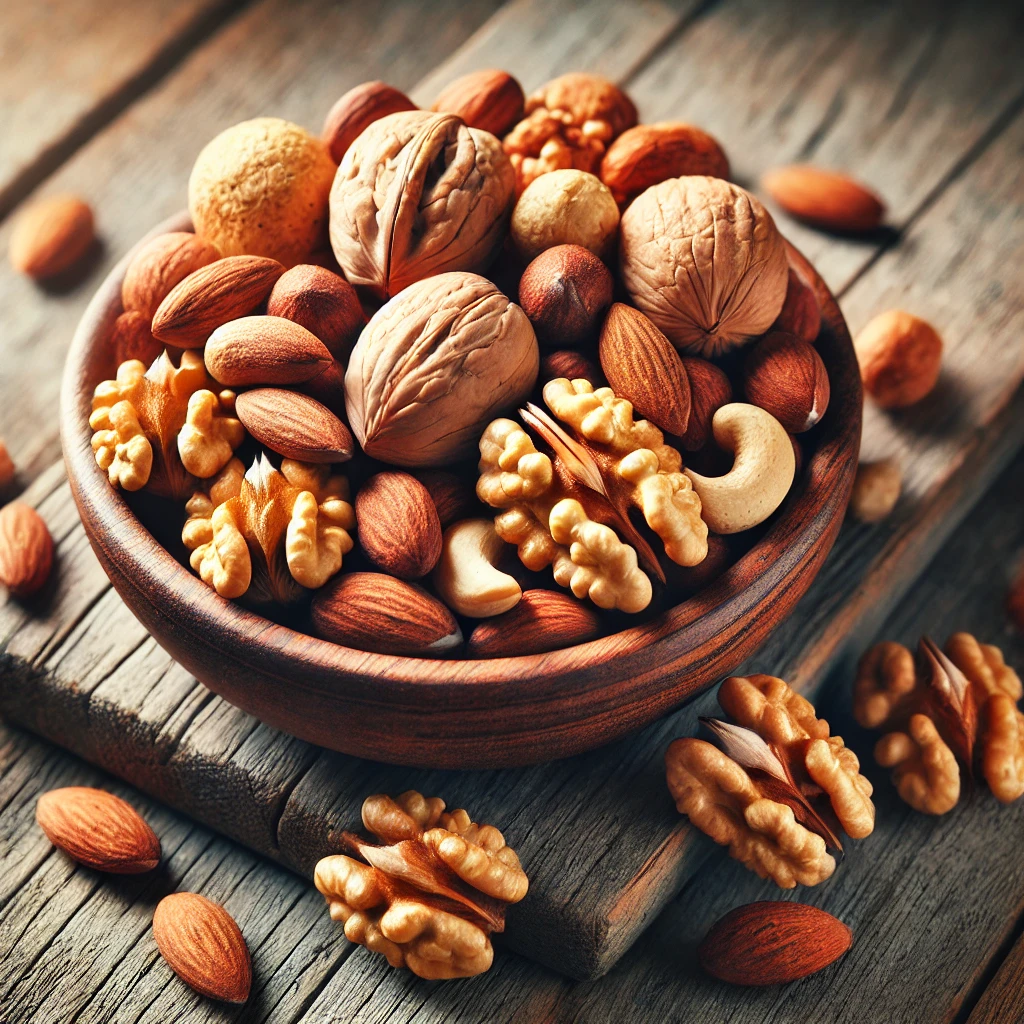
7. Nuts (Walnuts, Almonds)
Why They Help: Rich in heart-healthy fats, fiber, and antioxidants, nuts—especially walnuts—provide plant-based omega-3s. They contribute to a balanced immune environment and may help protect colon cells from inflammation-induced damage.
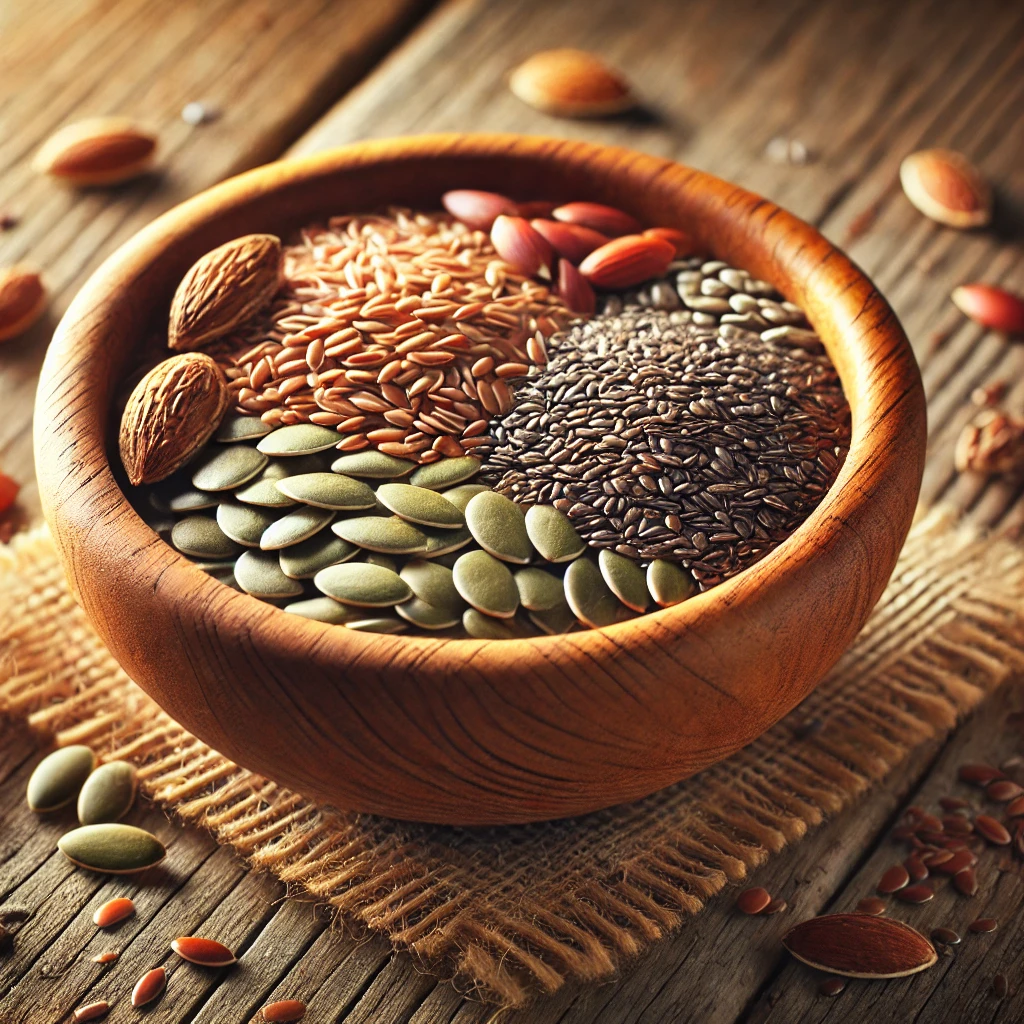
8. Seeds (Flax, Chia, Pumpkin)
Why They Help: Flax and chia seeds offer anti-inflammatory omega-3s, while pumpkin seeds add minerals like magnesium and zinc. Together, they support immune function, cellular repair, and reduced inflammation.
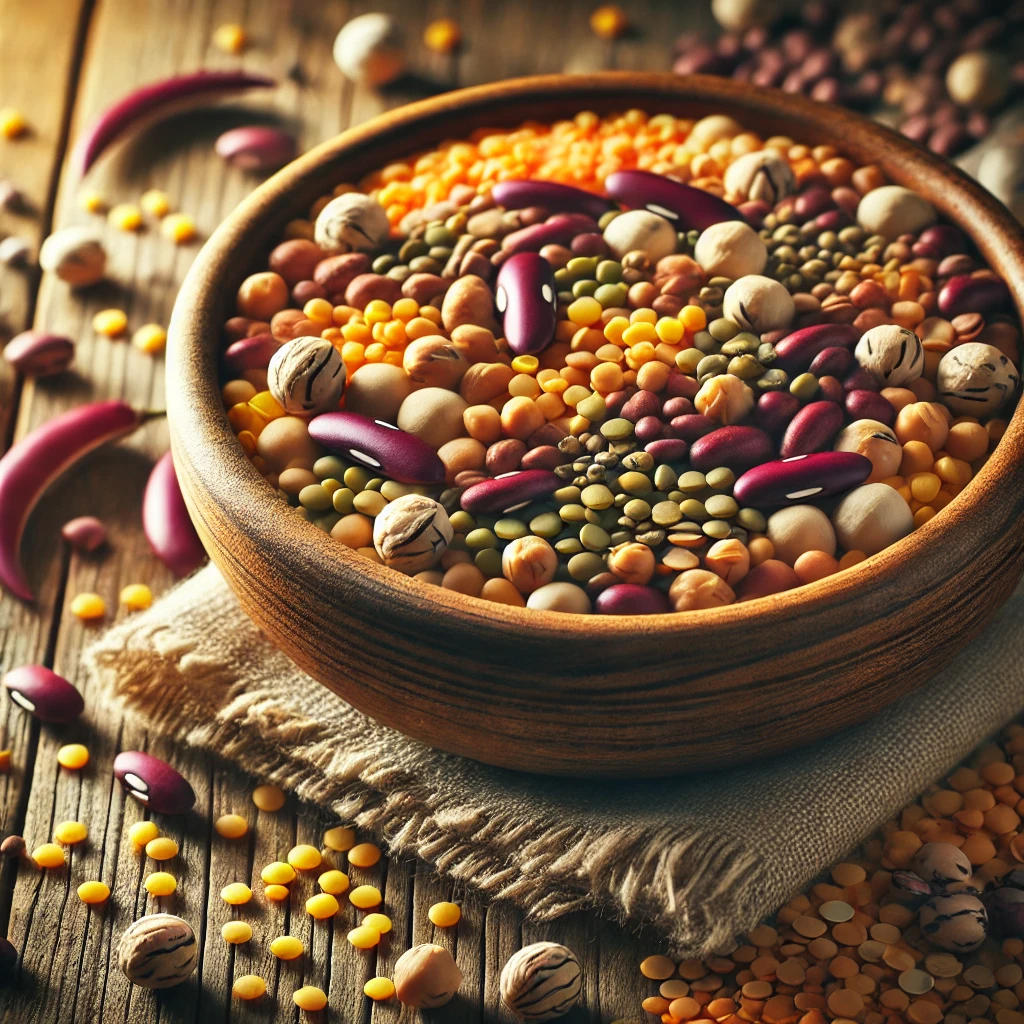
9. Legumes (Beans, Lentils, Chickpeas)
Why They Help: High in fiber, protein, and a variety of phytochemicals, legumes help feed beneficial gut microbes. A healthy gut microbiome is associated with lower inflammation and improved immune surveillance against abnormal cell growth.
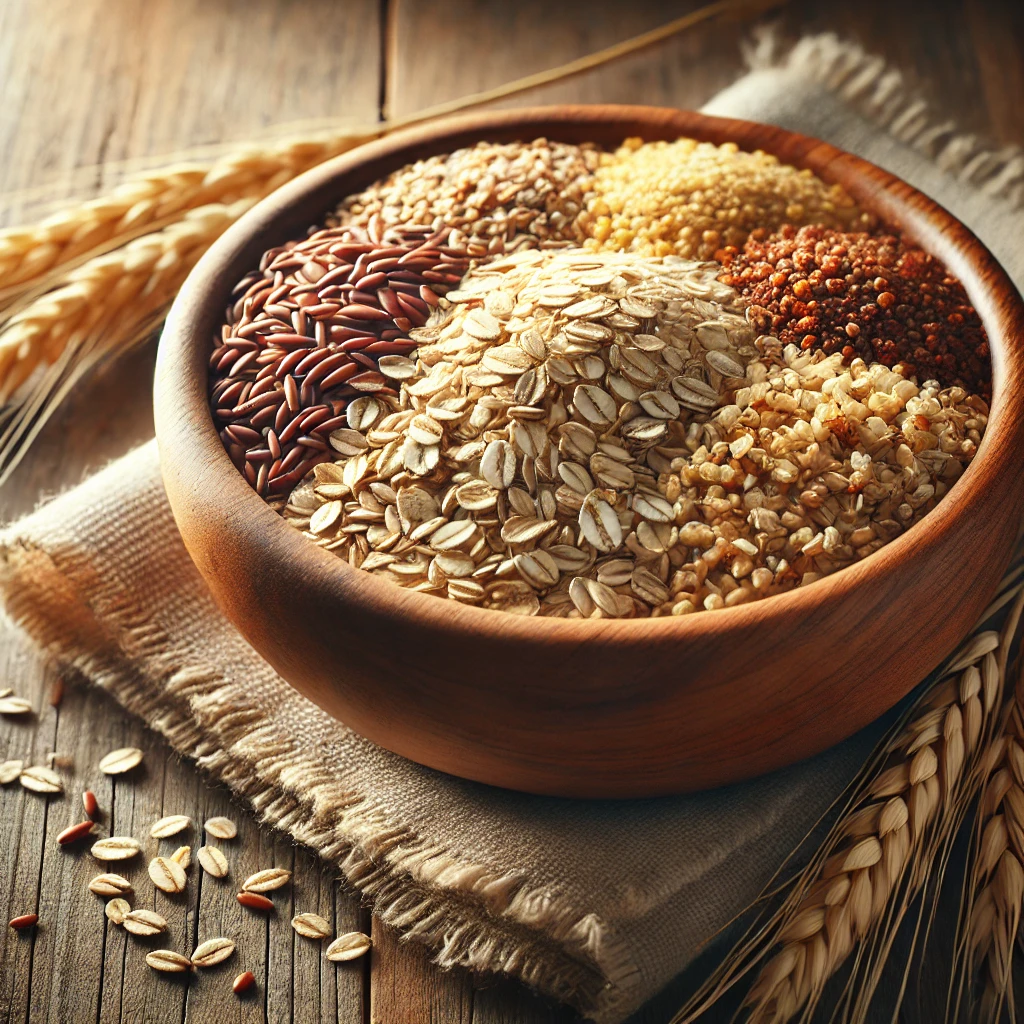
10. Whole Grains (Oats, Quinoa, Brown Rice)
Why They Help: Refined carbohydrates fuel inflammation, whereas whole grains, with their intact fiber and nutrient content, help stabilize blood sugar, foster a healthy microbiome, and prevent the peaks in inflammation that can promote tumor growth.
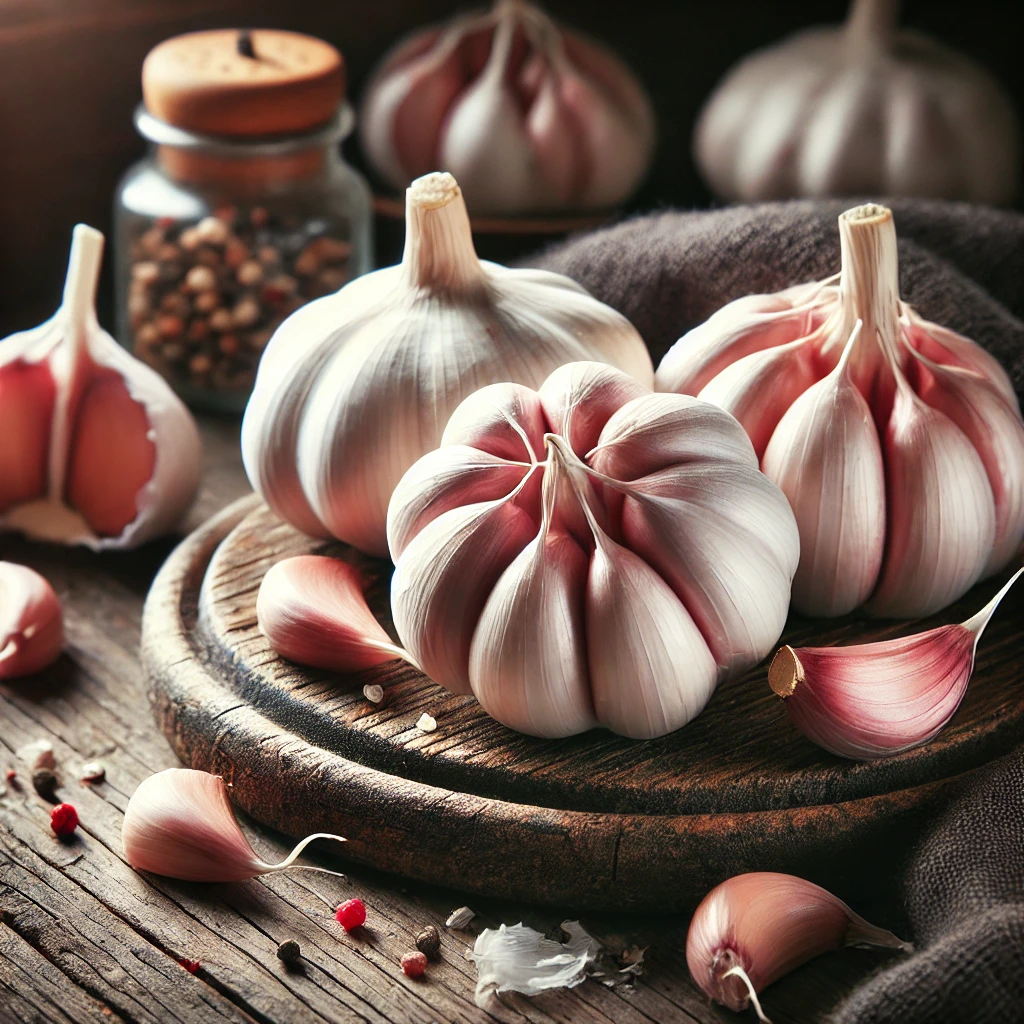
11. Garlic
Why They Help: Compounds in garlic like allicin have been studied for their anti-inflammatory and antioxidant properties, supporting the immune system’s ability to identify and neutralize abnormal cells.
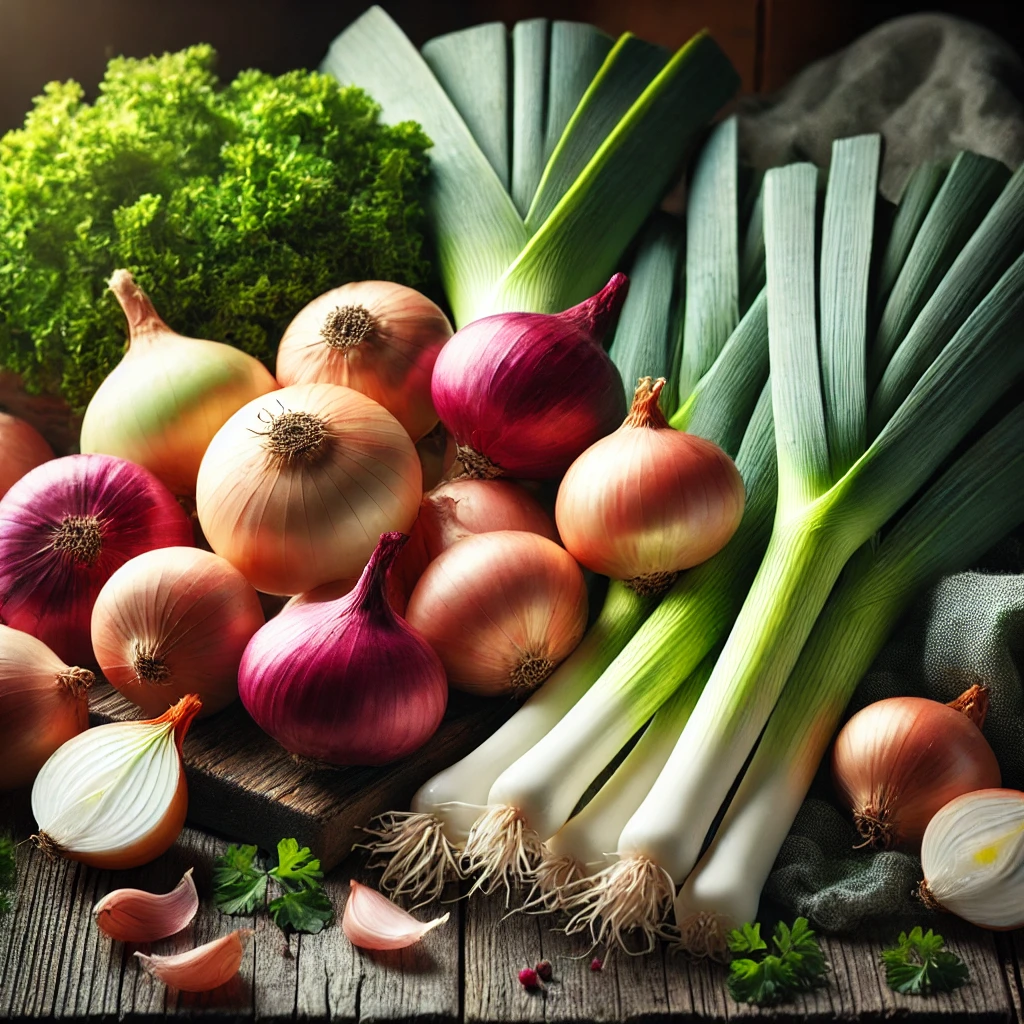
12. Onions and Leeks
Why They Help: Onion family vegetables are rich in quercetin and other flavonoids that modulate inflammatory pathways. By reinforcing the body’s defense mechanisms, they may contribute to healthier tissue maintenance in the colon.
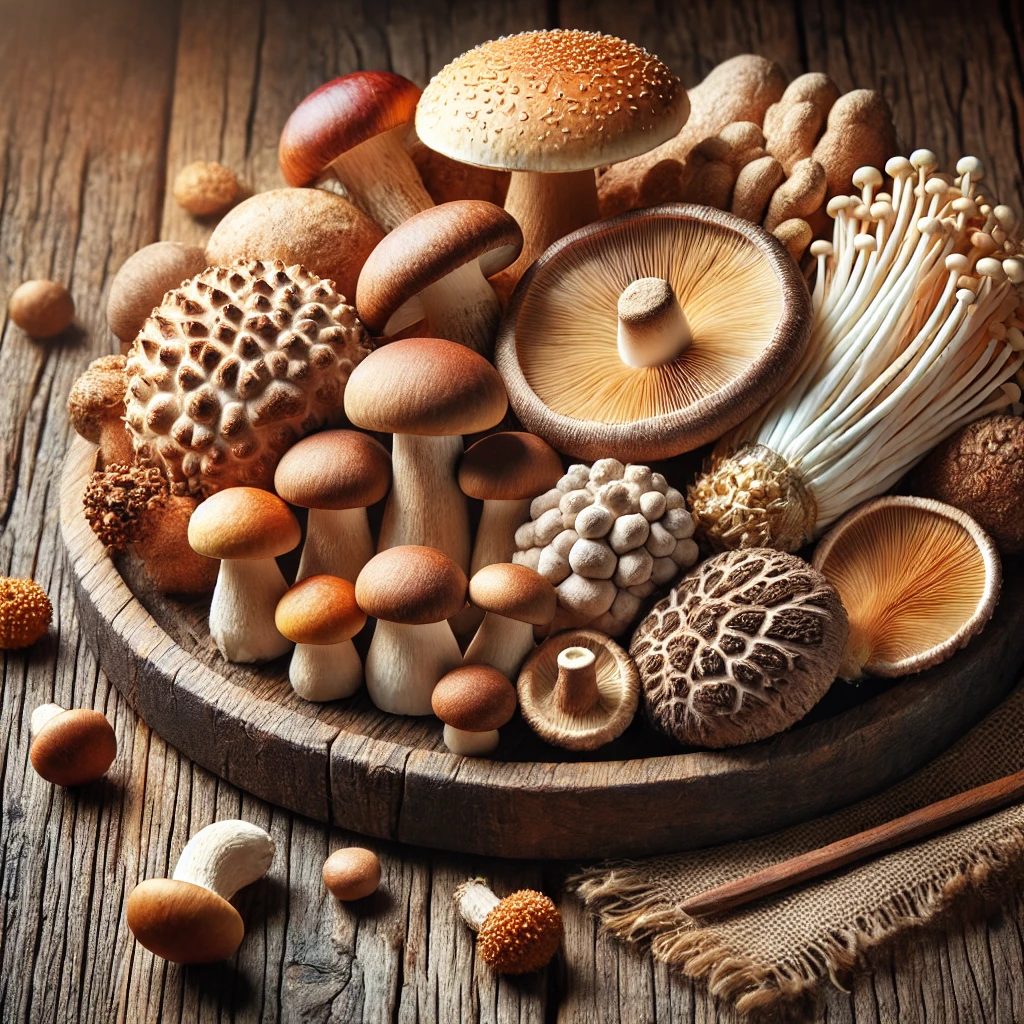
13. Mushrooms (Shiitake, Maitake, Reishi)
Why They Help: Certain mushrooms provide beta-glucans and other bioactive compounds known to regulate immune function, potentially helping the body maintain a balanced response to cellular damage and thwarting inflammatory tumor microenvironments.
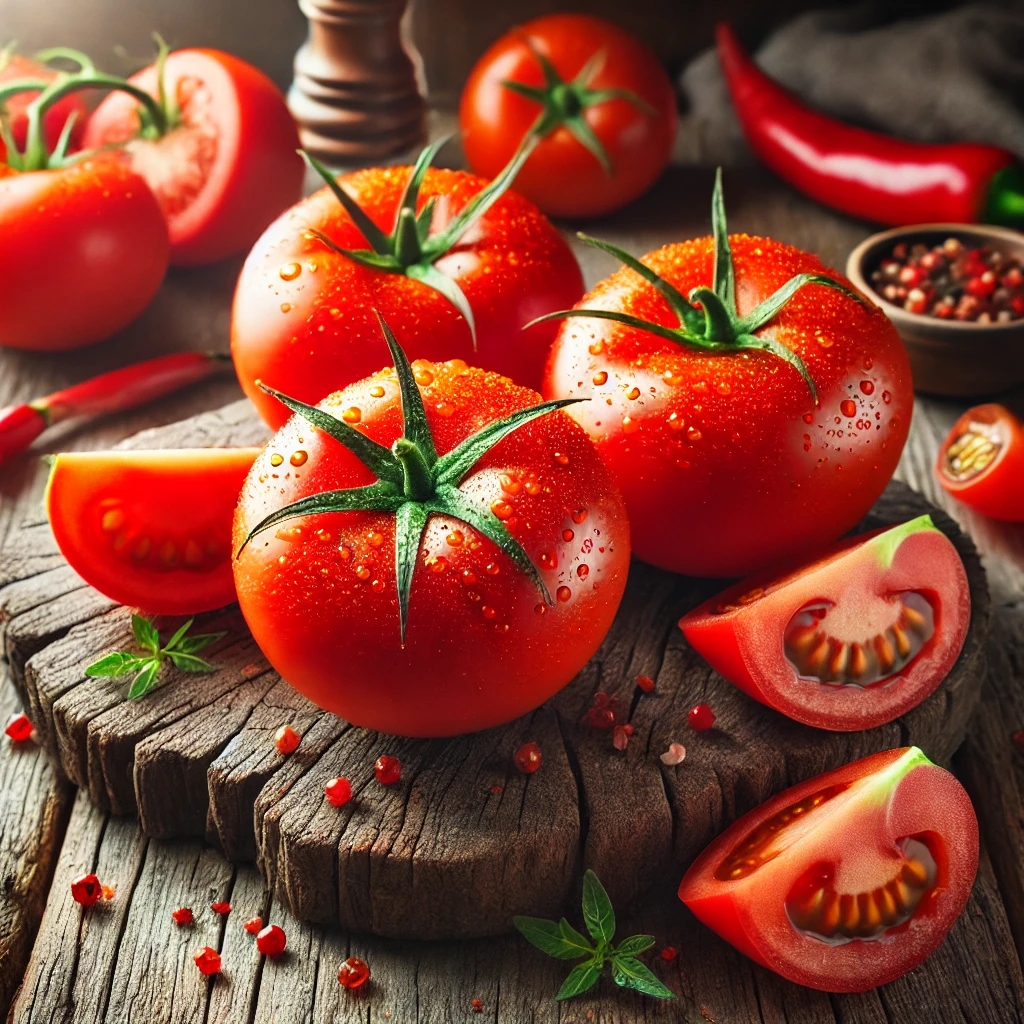
14. Tomatoes
Why They Help: Tomatoes supply lycopene, a powerful antioxidant that helps curb inflammation. A diet rich in tomatoes has been associated with lower risks of certain cancers, potentially due to their influence on harmful lipid mediators.

15. Citrus Fruits (Oranges, Grapefruits, Lemons)
Why They Help: Citrus fruits bring vitamin C, flavonoids, and fiber. These nutrients support immune health, collagen formation (for healthy tissue repair), and can help combat oxidative stress tied to inflammation.
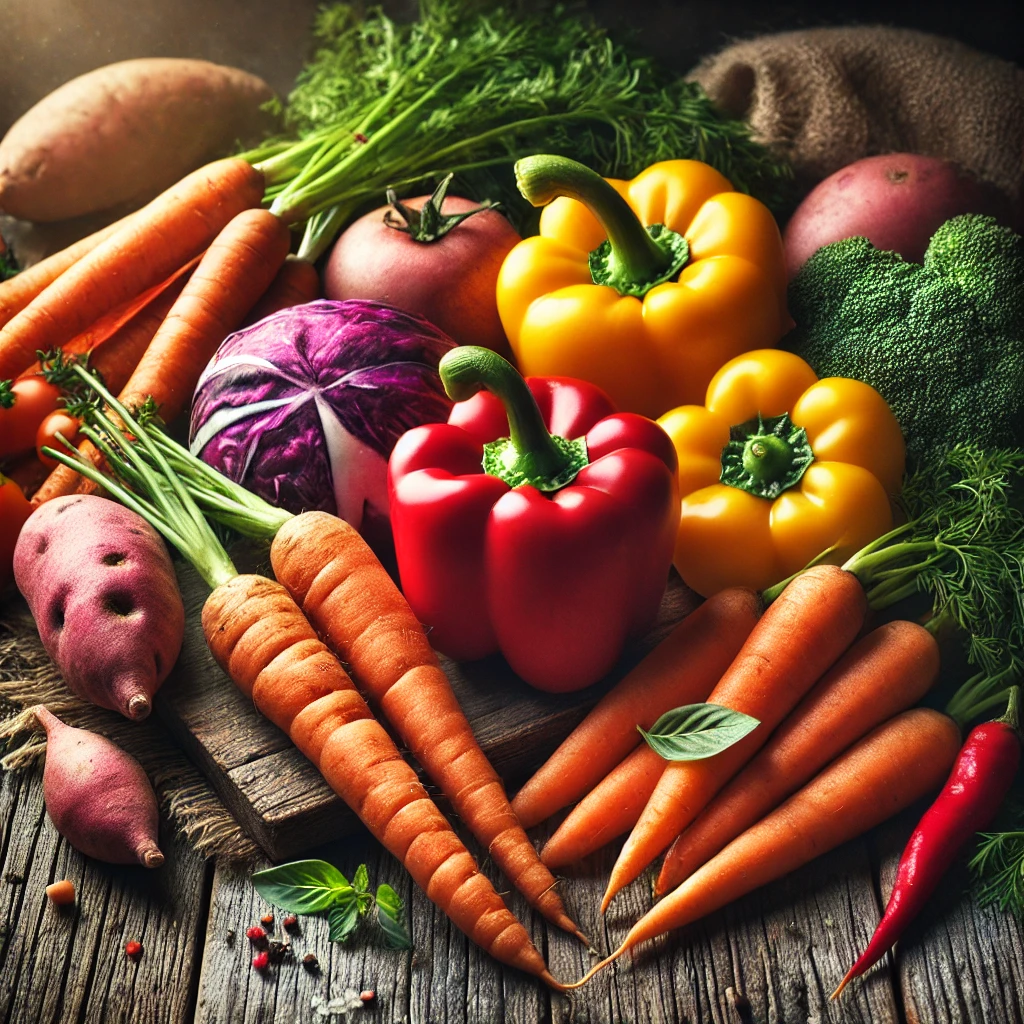
16. Red, Orange, and Yellow Vegetables (Carrots, Sweet Potatoes, Peppers)
Why They Help: Colorful vegetables are rich in carotenoids and other phytonutrients. These compounds have anti-inflammatory properties and may help fortify tissue resilience against cancerous changes.

17. Green Tea
Why They Help: Green tea’s catechins have well-documented anti-inflammatory and antioxidant effects. By reducing harmful lipid byproducts, green tea may help maintain a healthier cellular environment.
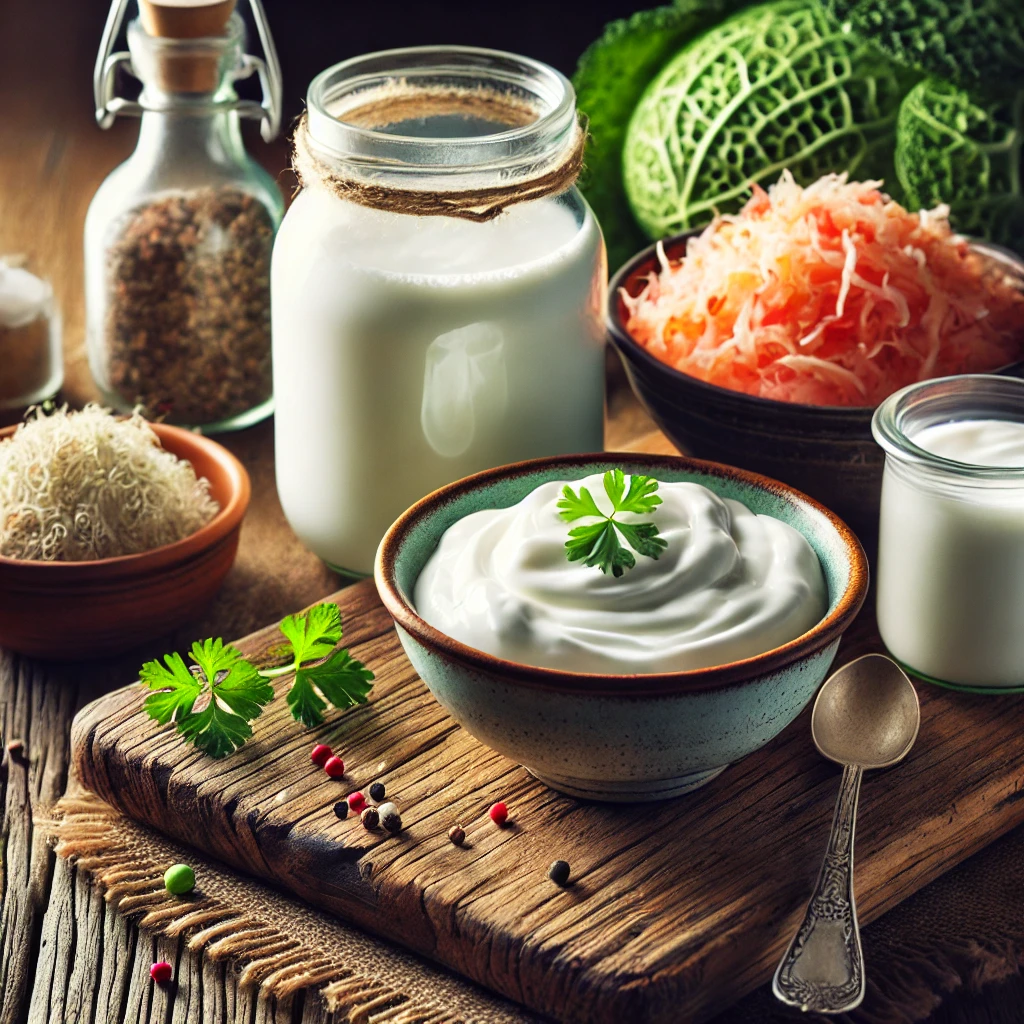
18. Fermented Foods (Yogurt, Kefir, Sauerkraut)
Why They Help: A balanced gut microbiome is essential for immune regulation. Fermented foods introduce beneficial bacteria that may help temper inflammatory responses, supporting the colon’s integrity and reducing overall cancer risk.

19. Sea Vegetables (Nori, Wakame, Dulse)
Why They Help: Seaweed and other marine plants provide iodine, antioxidants, and bioactive compounds that can help maintain healthy cellular function and encourage a more inflammation-resolving environment.
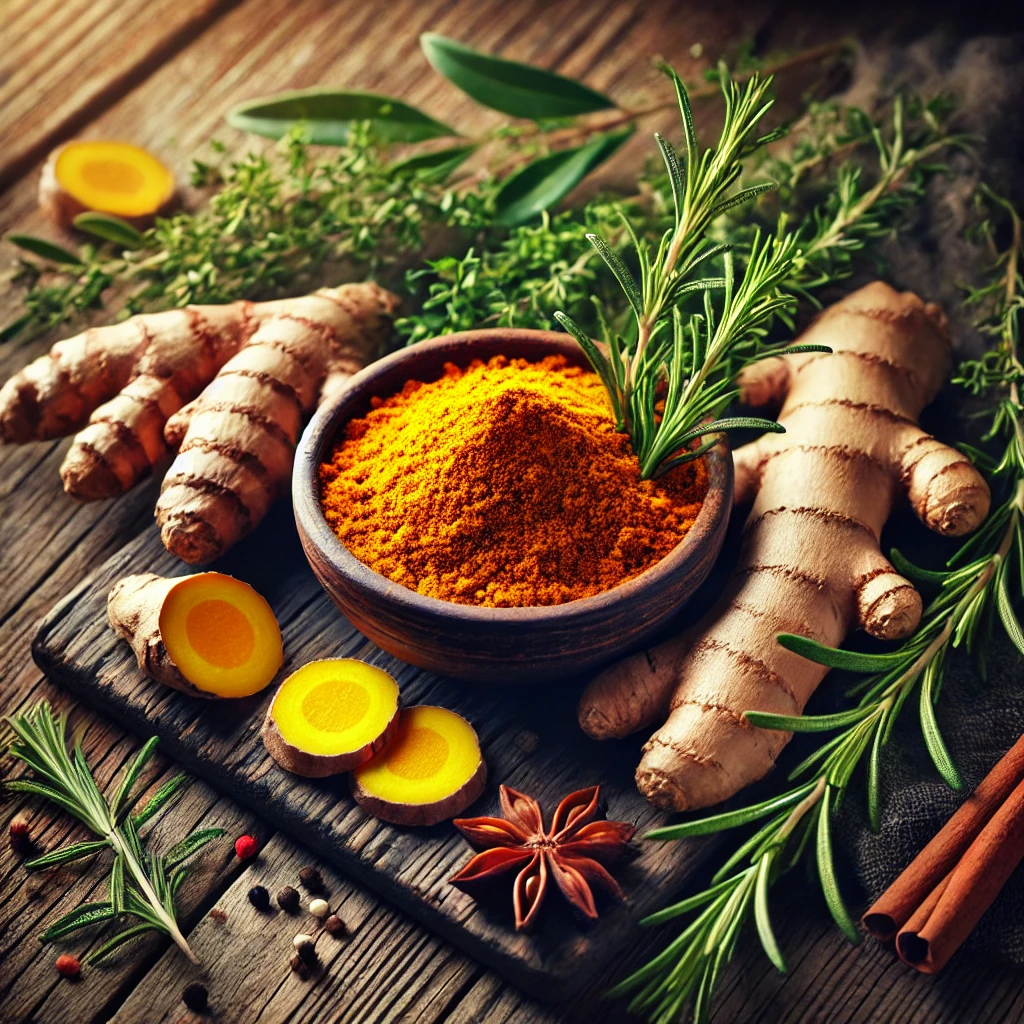
20. Herbs and Spices (Turmeric, Ginger, Rosemary)
Why They Help: Many spices are rich in anti-inflammatory, antioxidant phytochemicals. Turmeric’s curcumin and ginger’s gingerol, for example, have been studied for their roles in reducing inflammation and possibly inhibiting cancer cell development.
The referenced research underscores a critical aspect of cancer biology: tumors thrive in a chronically inflamed environment. By overloading our diets with ultra-processed foods, we contribute to inflammation that the body struggles to resolve. In contrast, a diet emphasizing whole, minimally processed foods rich in healthy fats, fiber, and antioxidants helps shift the body’s delicate lipid balance back toward healing and resolution.
While no single food guarantees cancer prevention, incorporating these 20 anti-inflammatory, nutrient-dense foods into your daily routine can support overall health, reduce chronic inflammation, and potentially lower your long-term cancer risk. Coupled with regular exercise, stress management, and routine medical screenings, a healthier dietary pattern may be one of the most powerful tools we have to keep cancer at bay.
Link to the Study: Integration of lipidomics with targeted, single cell, and spatial transcriptomics defines an unresolved pro-inflammatory state in colon cancer





